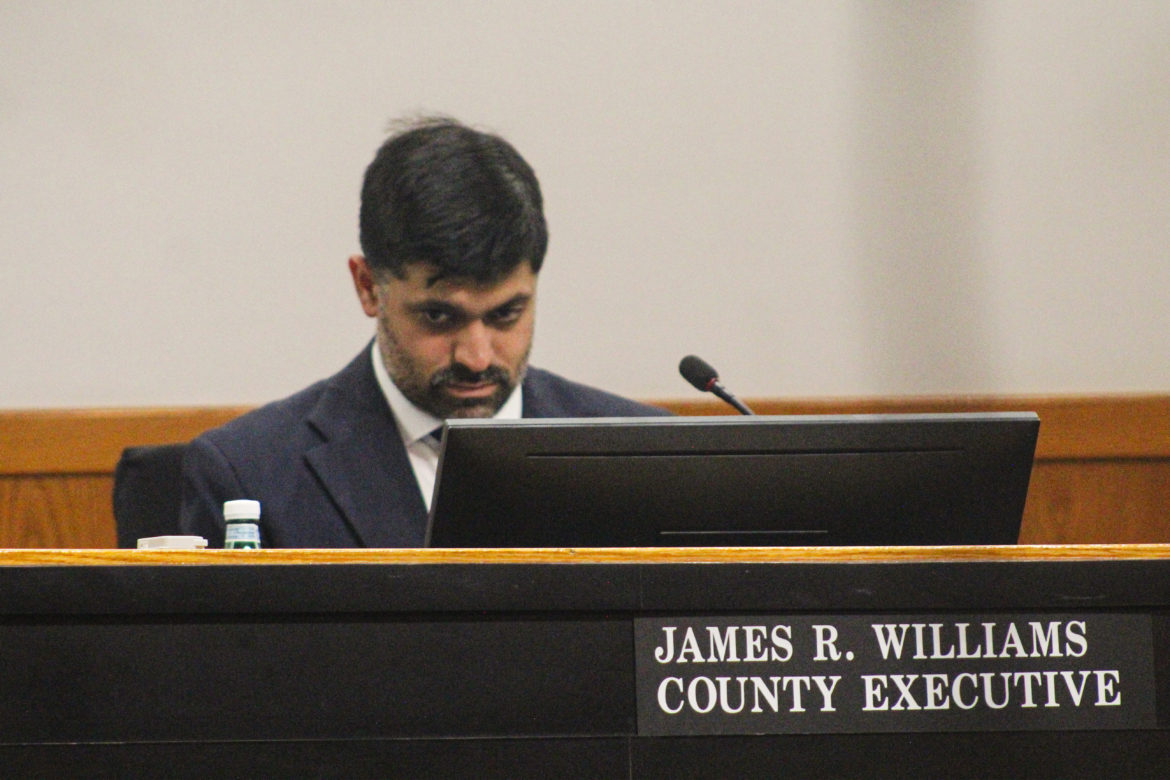fromSFGATE
3 days agoCalifornia county considers adopting costliest transit ride in the state
The San Diego Metropolitan Transit System faces a roughly $500 million funding gap over the next four years, but it's not due to diminishing services. Regional riders are enthusiastic about the transit system - it has one of the fastest growing riderships in the country and ranks third for the number of passenger trips and passenger miles in California. However, like other major transit agencies such as BART, the MTS kept things moving after the pandemic through one-time emergency funds from federal and state subsidies.
California





